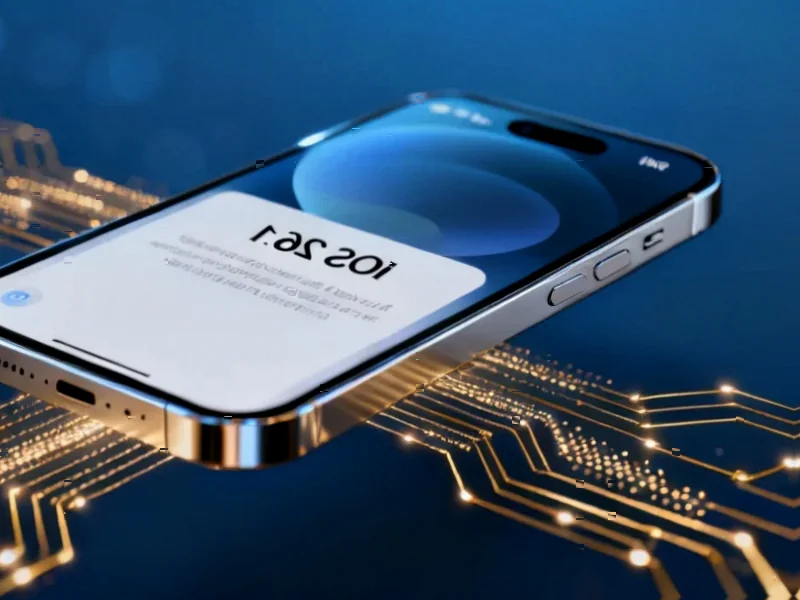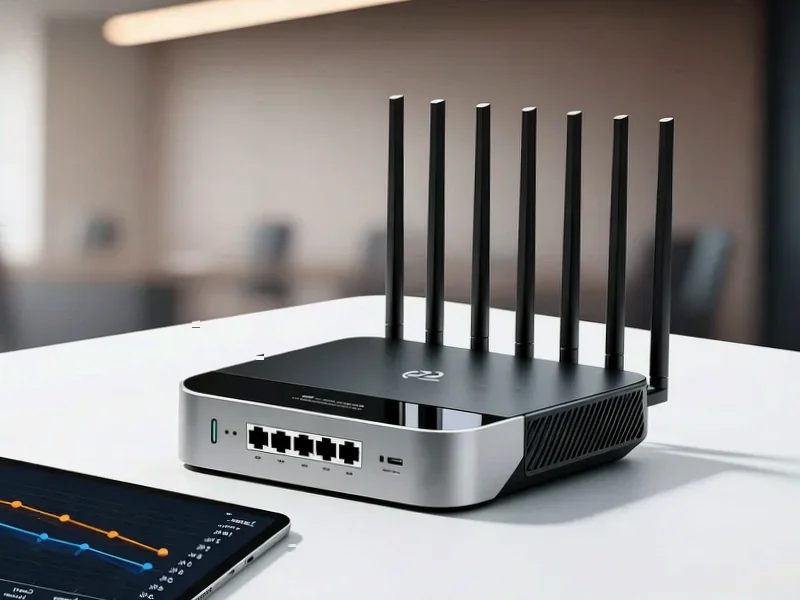According to Wccftech, Epic Games and Google have reached a comprehensive settlement ending their three-year legal battle that began in August 2020. Google will slash its service fees to 20% for in-app purchases that provide gameplay advantages and just 9% for other purchases, down from the standard 30%. Starting with the next major Android release and continuing through June 30, 2032, users will be able to install competing app stores directly from websites with a single click. Alternative payment options will appear side-by-side with Google Play Billing, and Epic Games Store will be among the first beneficiaries. Google’s Android ecosystem president Sameer Samat and Epic CEO Tim Sweeney both announced the agreement today, with final court approval scheduled for discussion tomorrow.
Why this matters
This isn’t just another legal settlement – it’s basically the complete dismantling of Google’s walled garden on Android. For years, Google maintained control through Play Store exclusivity and that infamous 30% cut. Now? Developers get choice. Users get options. And Google gets to avoid what could have been even more damaging court-mandated changes.
Here’s the thing that makes this particularly brutal for Apple: Epic scored a total victory against Google while their Apple fight remains messy and limited. Tim Sweeney didn’t even try to hide the contrast, calling this a “comprehensive solution” that “stands in contrast to Apple’s model of blocking all competing stores.” Ouch.
The real winner
Look, the biggest winner here isn’t actually Epic – it’s every developer building for Android. Those fee reductions? They’re massive. Going from 30% to 9% for non-game purchases means developers keep significantly more of their revenue. And having payment options displayed side-by-side? That’s consumer choice that actually works.
But the real game-changer is the app store install provision. Starting with the next Android version, you’ll be able to install something like the Epic Games Store directly from their website without jumping through hoops. That’s huge. It basically returns Android to its original “open platform” vision that Google had been quietly abandoning for years.
What comes next
So what happens now? The judge needs to approve this tomorrow, but given that both sides are celebrating on Twitter – Samat’s post and Sweeney’s response read like mutual admiration society material – approval seems likely.
The timing is interesting too. Google was facing Supreme Court rejection and potentially worse court-ordered remedies. This settlement lets them control the narrative and implementation timeline. And the global scope? That’s another Epic win – this applies everywhere, not just the US.
Meanwhile, over at Google’s ecosystem team, they’re probably breathing sighs of relief. They’ve contained the damage and can now position this as “pro-competition” rather than “court-ordered punishment.” Smart move, really. But make no mistake – Epic just changed mobile gaming forever.




